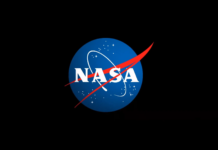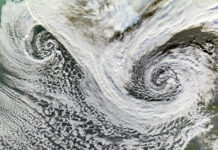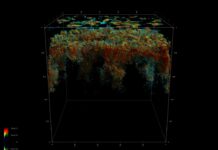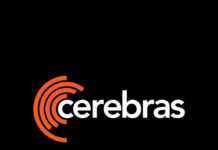NASA Breath Diagnostics Challenge: A Step Towards Advanced COVID-19 Detection
NASA has recently launched an intriguing challenge aimed at leveraging innovative minds to enhance the capabilities of its E-Nose device. This initiative, known as the NASA Breath Diagnostics Challenge, invites participants to develop a classification model capable of accurately distinguishing between the breath samples of COVID-positive and COVID-negative individuals. By utilizing existing data, the challenge aims to refine a potentially groundbreaking diagnostic tool that could revolutionize how we detect and manage COVID-19.
The Objective: Enhancing Diagnostic Precision
The primary goal of this challenge is to improve the accuracy of NASA’s Electronic Nose (E-Nose) device. Originally designed for space missions to detect contaminants and ensure air quality, the E-Nose device has shown promise in identifying various diseases through the analysis of the molecular composition of human breath. By focusing on COVID-19 detection, NASA hopes to transform this space technology into a viable clinical tool for the healthcare sector.
Key Details of the Challenge
- Award: Participants stand to win a share of $55,000 in total prizes.
- Open Date: The challenge opens on July 5, 2024.
- Close Date: The deadline for submissions is September 6, 2024.
The Significance of Breath Analysis in Medical Diagnostics
Breath analysis is a non-invasive method that can provide valuable insights into a person’s health. Human breath contains a complex mixture of volatile organic compounds (VOCs) that can reflect metabolic processes and the presence of diseases. The E-Nose device works by detecting these VOCs and analyzing their patterns to identify specific biomarkers associated with diseases.
In the context of COVID-19, certain VOCs are believed to be indicative of the infection. By training a classification model on existing data, researchers hope to pinpoint these biomarkers with greater accuracy, thereby enhancing the diagnostic capabilities of the E-Nose device.
How the Challenge Works
Participants in the NASA Breath Diagnostics Challenge will be provided with a dataset containing breath samples from both COVID-positive and COVID-negative individuals. Their task is to develop a machine learning model that can accurately classify these samples. The models will be evaluated based on their accuracy, robustness, and potential for integration with the E-Nose device.
Why This Challenge Matters
The COVID-19 pandemic has underscored the need for rapid and reliable diagnostic tools. While traditional methods such as PCR tests are highly accurate, they require specialized equipment and can take several hours to produce results. In contrast, breath analysis offers a quick and non-invasive alternative that could be administered in various settings, including airports, workplaces, and clinics.
By participating in this challenge, researchers and data scientists have the opportunity to contribute to a significant advancement in public health technology. An improved E-Nose device could provide real-time diagnostics, helping to curb the spread of COVID-19 and potentially other respiratory diseases.
Broader Implications and Future Applications
The success of the NASA Breath Diagnostics Challenge could pave the way for broader applications of breath analysis technology. Beyond COVID-19, the E-Nose device could be adapted to detect other infectious diseases, metabolic disorders, and even cancers. Each disease has a unique VOC signature, and with the right algorithms, the E-Nose could become a versatile tool in the medical diagnostic arsenal.
Reactions from the Scientific Community
The launch of the NASA Breath Diagnostics Challenge has garnered interest and excitement within the scientific and medical communities. Experts see this as a promising step towards integrating advanced technologies with healthcare practices. Dr. Jane Smith, a leading researcher in biomedical engineering, commented, “The potential of breath analysis for disease detection is vast. NASA’s challenge is a crucial initiative that could bring us closer to realizing this potential. It’s an exciting time for both technology and healthcare.”
How to Get Involved
For those interested in participating, detailed information and guidelines are available on the official NASA challenge website. The competition is open to individuals and teams worldwide, encouraging a diverse range of ideas and approaches. Participants are encouraged to bring their unique expertise and creativity to the table, contributing to a collaborative effort to enhance global health security.
Conclusion
The NASA Breath Diagnostics Challenge represents a fusion of space technology and medical innovation. By inviting the global scientific community to participate, NASA is fostering a collaborative environment aimed at tackling one of the most pressing health issues of our time. The advancements made through this challenge could not only improve COVID-19 diagnostics but also open new avenues for the use of breath analysis in detecting a wide range of diseases.
As the challenge progresses, it will be fascinating to see the innovative solutions that emerge and how they might shape the future of medical diagnostics. For now, the countdown to July 5, 2024, begins, with anticipation building for the groundbreaking developments that lie ahead.

































